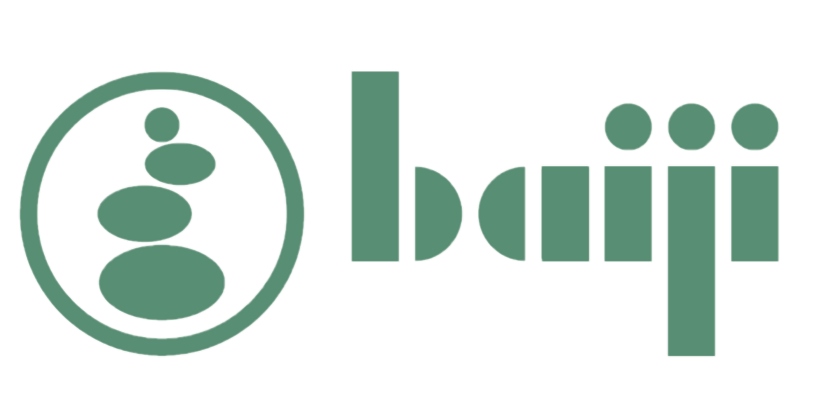The impact of the Covid-19 pandemic has been far-reaching and has affected us all in different ways. From lockdowns to job losses, and the loss of loved ones, each of us has a story to tell about how the past three years have impacted us. A recent study has shed light on the fact that the pandemic may have been especially tough on women, exacerbating the already prevalent mental health challenges that many women face.
Single working women, pregnant women, and married mothers each faced unique challenges during the pandemic, and may require additional support as they navigate the aftermath. Women are already more susceptible to stress-related disorders such as anxiety and depression, and events like the global shutdown only serve to worsen these conditions. Pregnant women, those who have experienced a miscarriage, postpartum women, and those who have faced intimate partner violence were at higher risk for developing mental health problems during the pandemic.
Pregnant women who had to attend doctor's appointments alone and even go through labor and delivery without the support of a loved one, faced added stress. Prenatal classes were shut down and postnatal activities were limited or closed, leaving new mothers isolated without community support. The fear of contracting the virus only added to the already intense fears of new mothers.
Parents who had to care for their children during the pandemic, especially those who were also trying to work, experienced significant stress. Studies have shown that women took on a disproportionate amount of housework and childcare responsibilities, even when both parents were working from home. While some couples were able to work together to manage the situation, many women struggled to get their partners to contribute equally. This problem was especially pronounced for women who were at risk of intimate partner violence.
As the pandemic comes to an end, it's time for women to come together and heal from the collective trauma they have experienced. Building communities, connecting with others who have gone through similar experiences, and disconnecting from the virtual world to re-engage with reality are all essential steps in the healing process. With many services for parents now reopened in the UK, it's an ideal time to reach out to friends, return to the office if desired, and take the first step towards self-revitalisation.
There are numerous mental health, wellness, and career-oriented accounts on platforms such as Instagram that provide valuable, informative content for working women and mothers. These resources can also provide a sense of community and help women feel less alone, even when they are unable to physically connect with others. I highly recommend exploring the content available on platforms like My Bump Pay.
For women who are at risk of partner violence, the situation is more complex and may require more nuanced support. The NHS is a great place to start if you or someone you know is suffering from physical, verbal, or sexual abuse at home.
Seeking professional help is often the best course of action, even when there may be a stigma attached. Reaching out to a counsellor, medical professional, or mental health expert can provide coping mechanisms, tips for a healthier lifestyle, and help improve one's outlook on life and become more positive. If you're in the UK, the Mental Health Foundation is a good place to start exploring your options for support.
